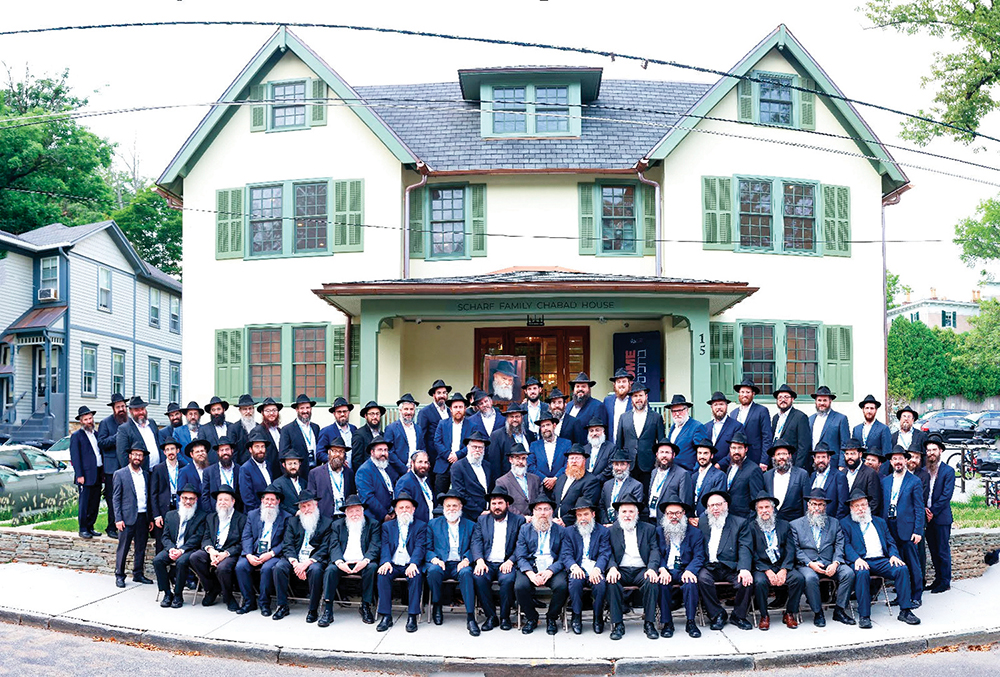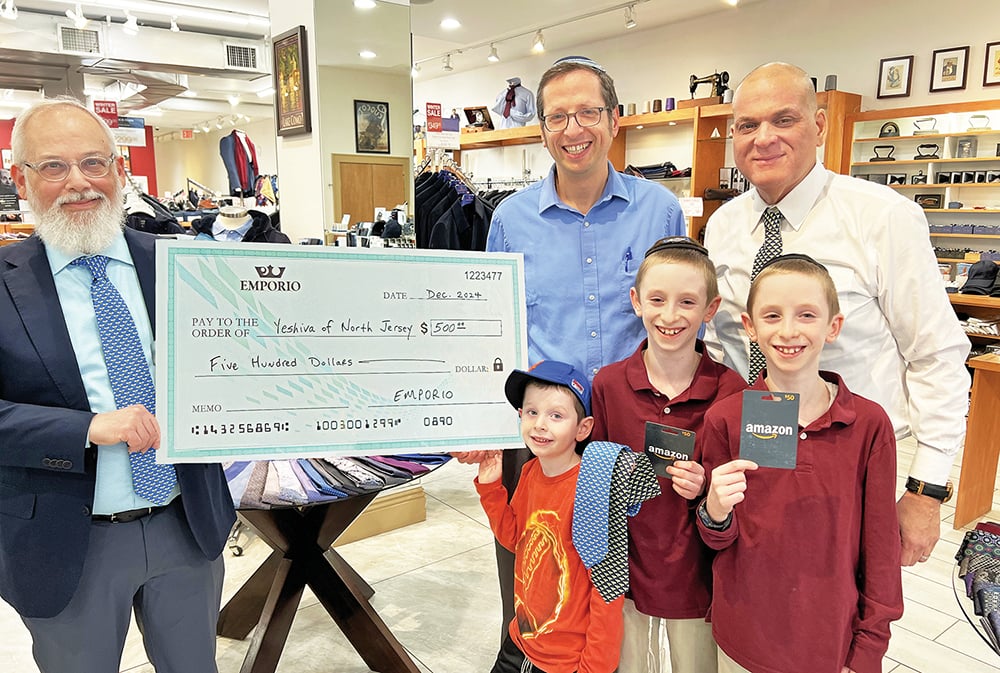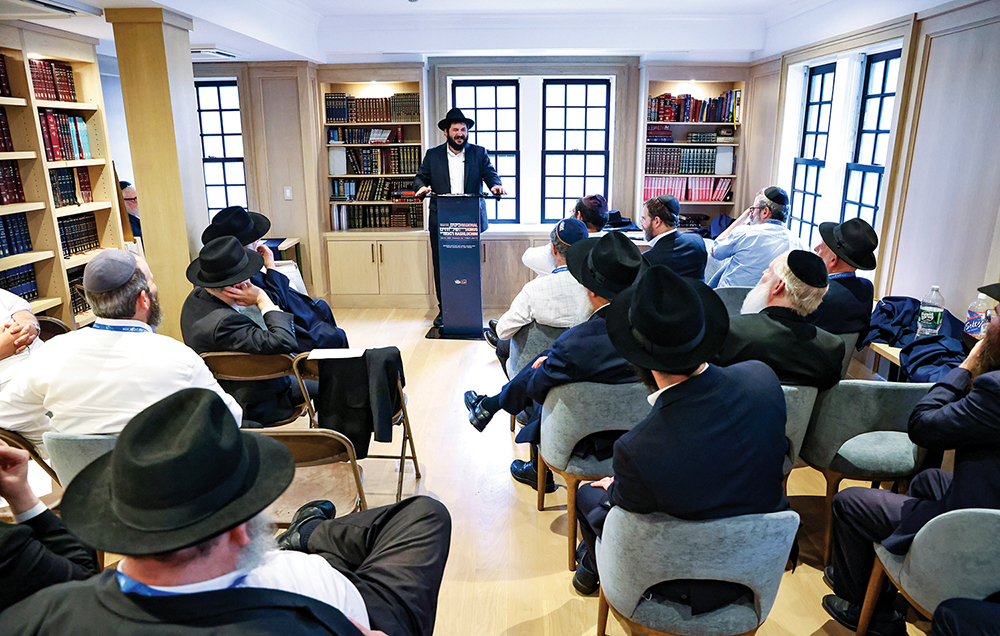
(Courtesy of Chabad) Nearly 100 Chabad-Lubavitch rabbis from across the Mid-Atlantic region convened at Chabad of Princeton University for the annual Mid-Atlantic Chabad Conference last week.
The summit, which saw rabbis from across Delaware, Maryland, New Jersey, Pennsylvania, Virginia and Washington, D.C. was hosted at the newly renovated Chabad of Princeton University by Rabbi Eitan and Gitty Webb. The leaders focused on addressing the unprecedented rise in Jewish involvement and community resilience in the face of recent challenges.
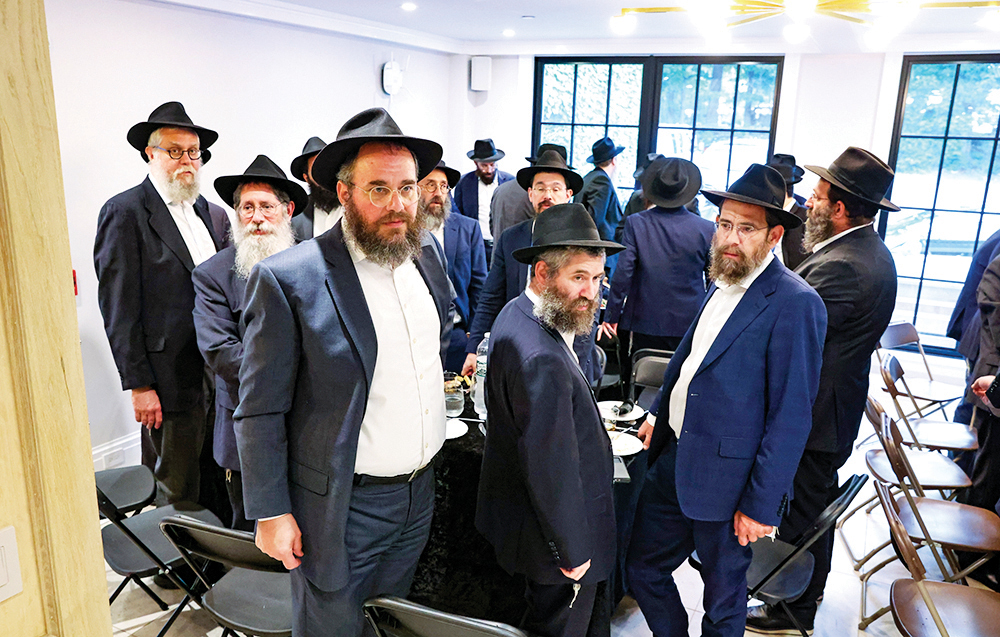
Despite a surge in antisemitism since Oct. 7, Chabad centers across the region have reported record-breaking attendance in Hebrew schools, increased synagogue participation and heightened interest in Jewish traditions and culture.
Rabbi Eitan Webb, director of Chabad at Princeton University, remarked, “We’re witnessing a remarkable phenomenon. In response to adversity, our communities are turning toward their heritage with renewed vigor. This gathering is about harnessing the energy and providing the best possible support and resources to our growing communities.”
The conference addressed how to sustain and nurture the broad-based increase in engagement through innovative programs and the use of emerging technologies. Sessions included leveraging AI and AR for Torah education and implementing virtual reality in youth programs. Rabbi Mendy Kotlarsky of Chabad Headquarters emphasized, “The Chabad rabbis and rebbetzins are on the front lines, addressing both the surge in interest and the increased need for reassurance and support. This duality makes our mission more vital than ever.”
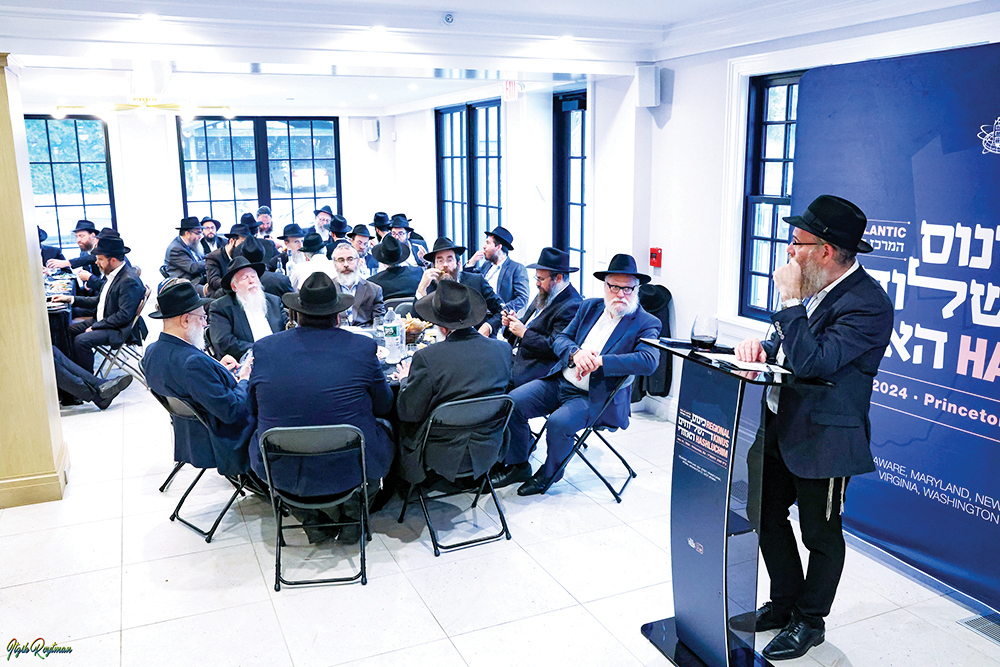
Despite the challenges, many Chabad centers reported significant growth. Rabbi Sholom Lobenstein from Montgomery County in Pennsylvania shared, “In all my years as a rabbi, I’ve never seen such a hunger for connection and learning. Our Hebrew school enrollment has increased by over 30%, and Shabbat services are growing exponentially. It’s challenging, but these are good challenges to have.”
The conference tackled critical issues such as combating antisemitism, preparing for High Holidays in a post-Oct. 7 reality and leveraging emerging technologies like AI and AR for Jewish education. A key focus was on how to commemorate the events in Israel during the upcoming High Holidays and Sukkot while maintaining a spirit of resilience and hope.
Rabbi Avraham Posner of Hunterdon, New Jersey noted, “We’re not just seeing more people, but a deeper level of commitment. Locals who previously had limited involvement are now taking leadership roles in their communities. It’s inspiring to see and be a part of.”
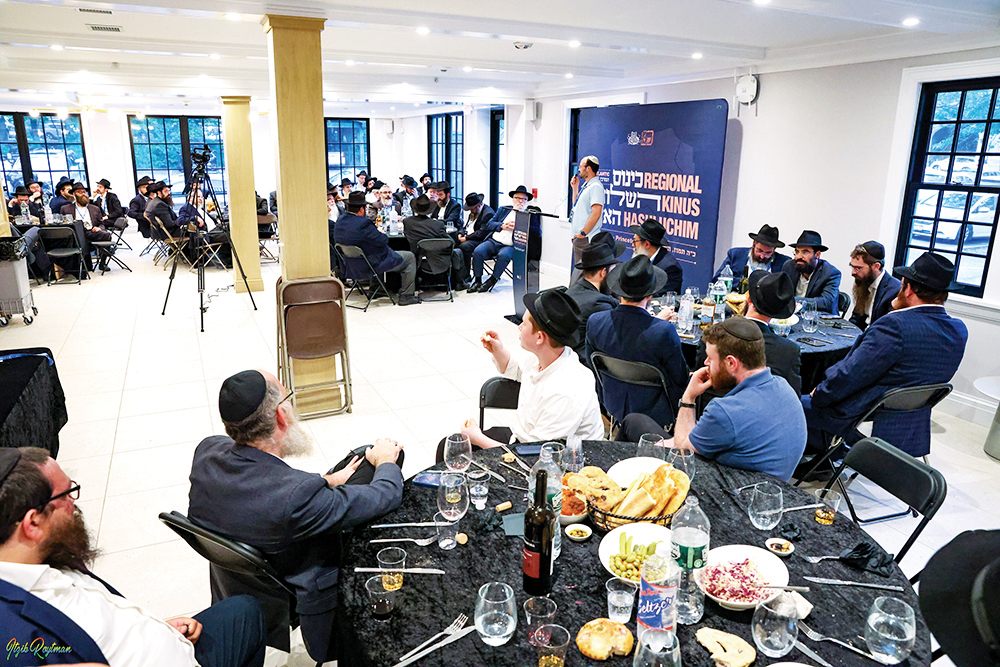
As Chabad emissaries returned to their respective communities, they carried with them new strategies to nurture this growth, innovative educational tools and a renewed sense of purpose in their mission to foster Jewish pride and knowledge.
This gathering of Chabad leaders represented a united front in supporting and guiding the Jewish community through both challenges and opportunities. The insights and strategies developed at this summit were poised to have a lasting impact on Jewish communities throughout the region and beyond, ensuring that this surge in engagement translated into sustained, meaningful Jewish involvement for years to come.
